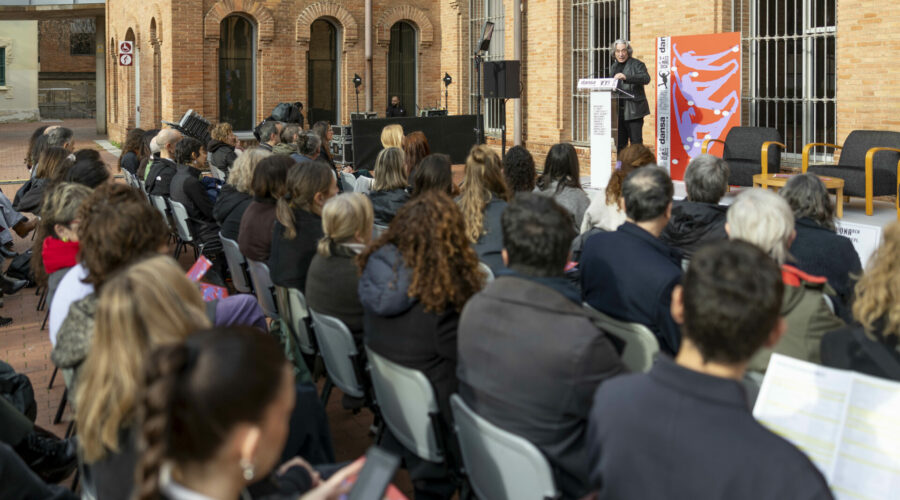Barcelona and its surrounding regions are facing an unprecedented water emergency, as the Ter and Llobregat reservoirs, vital sources of supply, have reached critical levels.

With less than 16% of its total capacity, a water emergency has been officially declared, leaving 202 municipalities and 5.9 million people affected by the restrictive measures that will take effect today, as announced by the Government.
The water emergency and its impact on daily life
The restrictions designed to preserve the water supply will have a significant impact on the daily lives of citizens and on various economic sectors. Some of the measures are highlighted below:
Maximum municipal allocation
The maximum water supply for municipal water supply will be limited to 200 liters per inhabitant per day, including economic and commercial activities. Municipalities that exceed this limit will be subject to penalties. This measure reflects the urgency of preserving available water resources.
Cuts in economic sectors
The emergency phase entails substantial cutbacks in various economic sectors. Agricultural uses will be affected by 80%, followed by livestock (50%) and industrial uses (25%). In addition, any recreational use involving irrigation is prohibited, demonstrating the need to prioritize human consumption and water preservation.
Reduction of water pressure
Affected municipalities have the authority to impose restrictions on citizens in domestic uses, including the reduction of water pressure. This measure, part of the municipal emergency plans, seeks to guarantee the durability of the supply and may include hourly outages.
Selective approach in municipalities
The reduction in water pressure will begin in municipalities that exceed 200 liters per person per day. In the metropolitan area, Cervelló, La Palma de Cervelló, Corbera de Llobregat, Sant Vicens dels Horts and Begues are among the municipalities that could experience the first restrictions.
Additional measures
- Street cleaning: Cleaning of streets, pavements and facades with potable water is prohibited, except in cases of accidents, fires or health risks.
- Tree irrigation: Public irrigation of tree survival and botanical gardens in early stages of emergence is allowed, using reclaimed or phreatic water.
- Irrigation of sports fields: The irrigation of sports fields in the initial emergency phase is authorized, provided that reclaimed or phreatic water is used.
- Prohibition of filling swimming pools: The total or partial filling of swimming pools is prohibited, except for those intended for federated sports practices.
- Restrictions in gyms: In the most restrictive phases, gyms and sports clubs must close showers.
- Responsible use of water in recreational events: Recreational events involving the use of drinking water, such as ice rinks, foam parties and water games, are prohibited.



